
Building Capacity for Regenerative Culture
Building Capacity for Regenerative Culture
This experiential online course on regenerative culture helps strengthen the foundational roots of your community, project, or group dynamic, drawing on nature-based systems.
in partnership with

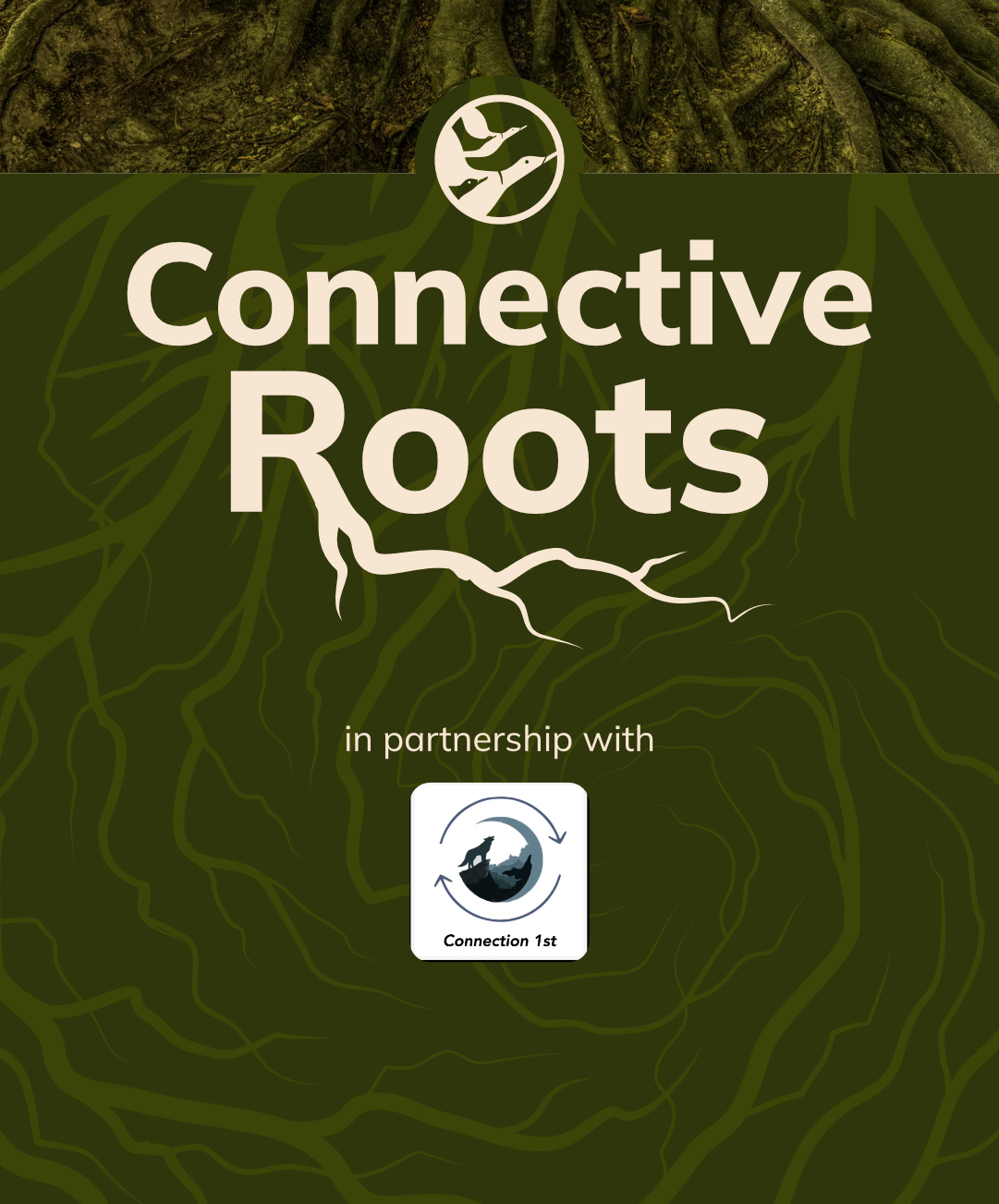
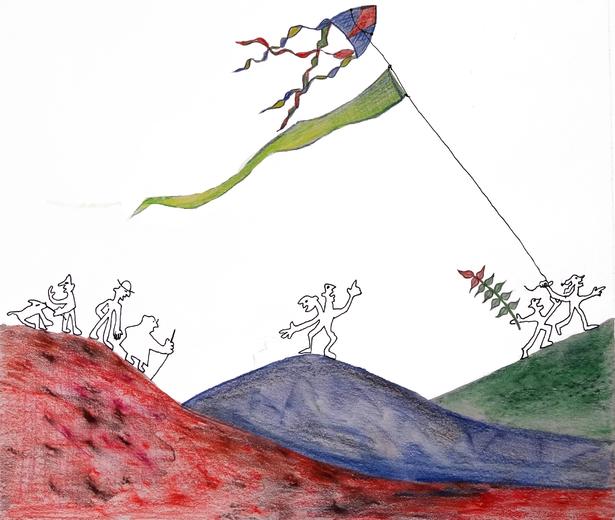


Building Capacity for a Regenerative Culture
Connective Roots is a experiential online course about strengthening the foundational bedding for you and your community, nourishing the soil so the roots can grow strong.
The course is designed to help you and your community build the deep roots of a regenerative, connected culture. Through nature-based group practices and the 8 Shields Framework, you’ll learn to nurture the soil from which vibrant, healthy, and resilient communities grow.
What Makes a Regenerative Community Thrive?
What promotes a connective culture and allows it to emerge in vibrant, healthy, and abundant ways?
What nutrients create a rich and nurturing shared culture?
How can you encourage your community to flourish?
How can you inspire your group to become more aligned, collaborative, and alive?
Explore a nature-based framework that can help any kind of group to thrive: families, workplaces, communities of practice, gatherings, short-term events, or long-term projects.
This course offers a practical pathway for cultivating those qualities through nature-inspired methods that support both personal and collective transformation.
Learn the 8 Shields Framework for Connection
We’ll introduce the Connection 1st approach, based on the 8 Shields model, which has helped groups around the world create more regenerative, emotionally intelligent, and purpose-driven communities.
You’ll gain tools, principles, and simple daily practices that foster deep connection—with yourself, with others, and with the natural world.
Imagine your community expressing more:
Empathy and helpfulness
Creativity and joy
Awareness, vitality, and shared purpose
These qualities or Attributes of Connection are what we aim to embody, as well as the metrics for growing a more connective group culture.
Through weekly live sessions and hands-on exercises we will cultivate practices for embodying these Attributes, with top tips on how your group can benefit.
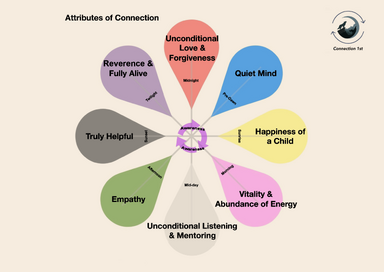

What You’ll Experience in the Connective Roots Course
Throughout this 6-week online journey, you’ll explore practical tools and nature-based practices to support regenerative culture and connection within any group—whether a family, team, learning community, or long-term project.
Each module is rooted in the 8 Shields framework and designed to strengthen your group’s capacity for empathy, resilience, and co-leadership.
By the end of the course, you will:
Learn simple and effective ways to attune to yourself, to others, and to the natural world around you;
Build personal and collective resilience to better navigate change, conflict, and uncertainty;
Strengthen your capacity for transformational and shared leadership in group settings;
Deepen your connection to natural cycles and to the living world as a source of wisdom;
Gain tools to embody and transmit the Attributes of Connection in your community;
Bring cultural elements and group practices into daily life that support emotional intelligence and regeneration.
6 Modules with weekly live sessions
This is a highly interactive and experiential course, with weekly live sessions that combine:
Core concepts and key regenerative design principles
Embodied practices and nature connection exercises
Optional materials for continued learning and integration
Access to an interactive online forum for peer support and reflection
Whether you’re new to the 8 Shields approach or already familiar with it, this course will help you anchor regenerative culture into your group’s daily rhythms, decisions, and relationships.
Key Benefits
Open your awareness to the future potential of the present moment
Get into action in the face of uncertainty
Mobilise your inner capacity to be a source of hope
The Three Horizons Thinking opens a visionary and practical method to articulate sought for future qualities and values, so that measures to bring them about can be deliberately, collaboratively and effectively pursued in the present.
Course details
Starts:
2026 (TBC)
Course format:
Six Live sessions on Mondays from 6 pm to 8 pm UTC.
Price:
200 GBP - Low income
250 GBP - Regular price
300 GBP - Abundant
There´s a limited number of scholarships spots, you can apply here
Duration:
6 weeks
Course Modules
The Social Dimension is one part of Gaia's unique 4D Model, which integrates social, ecological, economic and worldview dimensions to create lasting change.
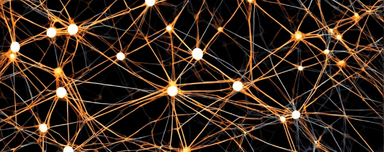
Module 1
Connecting
We dive right in by looking at how to create a safe and connective container. How can you develop a sense of presence? And a sense of connection? We’ll review the group agreements that support the connective culture of this course. Also: we provide a video/audio of Jon Young describing Connection Modeling and the nervous system.
We dive right in by looking at how to create a safe and connective container. How can you develop a sense of presence? And a sense of connection? We’ll review the group agreements that support the connective culture of this course. Also: we provide a video/audio of Jon Young describing Connection Modeling and the nervous system.

Module 2
Mentoring
Next we explore the essential process called Mentoring. How do you cultivate curiosity? Ask good questions? Develop your skill as a good listener? ‘Catch someone’s story?’ And tell the ‘story of the day’?’ Also: we provide a video/audio of Jon Young describing how Mentoring is a key aspect of a connective culture.
Next we explore the essential process called Mentoring. How do you cultivate curiosity? Ask good questions? Develop your skill as a good listener? ‘Catch someone’s story?’ And tell the ‘story of the day’?’ Also: we provide a video/audio of Jon Young describing how Mentoring is a key aspect of a connective culture.
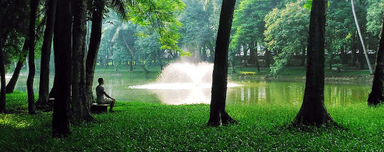
Module 3
Peace Building
We deepen into the lived experience of personal peace. How do you know when you are (and are not) ‘at peace’? How do you return to peace? How do you communicate from a place of peace? Also: we provide a video/audio of Jon Young describing how Peace Building is foundational for any connective culture.
We deepen into the lived experience of personal peace. How do you know when you are (and are not) ‘at peace’? How do you return to peace? How do you communicate from a place of peace? Also: we provide a video/audio of Jon Young describing how Peace Building is foundational for any connective culture.
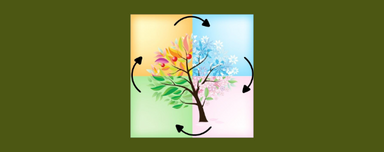
Module 4
Maturing and Life Stages
As we embrace ourselves more fully, we’ll discover how your greatest gifts are often linked to your deepest wounds. How can you transform your wounds into gifts? How might a connective culture support such transformation? How might celebrating or honoring different life stages increase your resilience, build your capacity, and prepare you to face life’s challenges?
As we embrace ourselves more fully, we’ll discover how your greatest gifts are often linked to your deepest wounds. How can you transform your wounds into gifts? How might a connective culture support such transformation? How might celebrating or honoring different life stages increase your resilience, build your capacity, and prepare you to face life’s challenges?
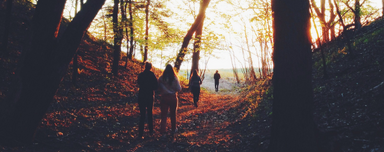
Module 5
Stepping into Leadership
Next we offer core practices around authentic leadership, shared leadership, and leadership in service to your community. How can you be a good role model, someone who is truly helpful toward others and the world? Also: we provide a video/audio of Jon Young describing how a connective culture can encourage everyone to find their own ways to step into leadership.
Next we offer core practices around authentic leadership, shared leadership, and leadership in service to your community. How can you be a good role model, someone who is truly helpful toward others and the world? Also: we provide a video/audio of Jon Young describing how a connective culture can encourage everyone to find their own ways to step into leadership.

Module 6
Cultural Elements
Bringing it all together, we’ll introduce some tools that support reflection and design. How does connection to nature inform a connective culture? How might you begin to introduce cultural elements in your group, even if you are ‘failing forward?’ Also: we provide a link to a free download of Jon Young’s overview of 10 cultural elements that form the core of any connective culture.
Bringing it all together, we’ll introduce some tools that support reflection and design. How does connection to nature inform a connective culture? How might you begin to introduce cultural elements in your group, even if you are ‘failing forward?’ Also: we provide a link to a free download of Jon Young’s overview of 10 cultural elements that form the core of any connective culture.
Meet your facilitators:
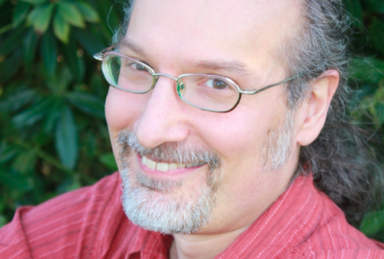
Root Cuthbertson
Root designs experiential opportunities for learning by creating strong containers for the graceful facilitation of group energy. He holds a Master’s Degree in Environmental Education, and certificates in Sustainable Curriculum Design, Participatory Facilitation, and Ecopsychology. He has co-led short courses on regenerative cultures and cultural mentoring for Schumacher College, Findhorn College the ALT program in Thailand, and is a certified trainer in Gaia Education eco-social design. With his wife Deborah Benham, he has delivered trainings on Sociocracy, Positive Leadership, Social Entrepreneurship, and Culture Repair. Former Training Coordinator for Transition Network, he is the co-author and curator of Transition resources on Personal Resilience, Conflict Resilience, Group Culture, and Social Justice. He has been part of teams in the UK offering programs introducing the Connection 1st framework, and has co-led the Connection 1st online courses: “Introduction to Regenerative Community Building,” “Designing for Peace,” and "Pathways to Village Building.” With Jon Young and Deborah, he is co-authoring a series of e-books on regenerative community design. With his ear to the ground, Root’s guiding question is: “What is most needed here now?”
He has co-led short courses on regenerative cultures and cultural mentoring for Schumacher College, Findhorn College the ALT program in Thailand, and is a certified trainer in Gaia Education eco-social design. With his wife Deborah Benham, he has delivered trainings on Sociocracy, Positive Leadership, Social Entrepreneurship, and Culture Repair. Former Training Coordinator for Transition Network, he is the co-author and curator of Transition resources on Personal Resilience, Conflict Resilience, Group Culture, and Social Justice. He has been part of teams in the UK offering programs introducing the Connection 1st framework, and has co-led the Connection 1st online courses: “Introduction to Regenerative Community Building,” “ Designing for Peace ,” and "Pathways to Village Building.” With Jon Young and Deborah, he is co-authoring a series of e-books on regenerative community design. With his ear to the ground, Root’s guiding question is: “What is most needed here now?”
The importance of words to Bill and the meaning we make as we live them. The patterns that we stand for and the freedom we have to make small or big acts that stand apart from the current patterns of our lives. Working with challenge, how we show up. Dealing with stage fright with love. The art of facilitation as setting up a field of consciousness in which something emergent can manifest.
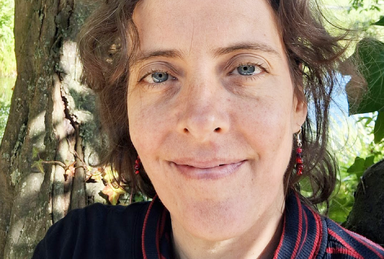
Joyce Peters
Always deeply connected to nature, to Spirit and to sound. She is passionate about how communities can co-create regenerative ways of living together and thriving. She lived a while in Damanhur community & several co-housing settings, and also lead off a co-creative team designing an ecovillage in France. She started learning about the 8 Shields model (Connection 1st) with Jon Young and Shore Charnoe in 2019, continued with Deborah Benham and Root Cuthbertson (Regenerative Community Building, Designing for Peace, Pathways to Village Building), as well as diving into Cultural Emergence with Looby Macnamara. She designed and led a live training (Community Roots) on regenerative culture & transformational leadership for an organisation holding Rites of Passage. Trained in Transition Training and Gaia Education ecovillage & social design, including Regenerative Cultures with Daniel Wahl, she is working toward her Masters degree in Design for Sustainability and Regeneration. An avid student of Nonviolent Communication, Authentic Relating, Collective Trauma (Thomas Hübl), rites of passage and sacred ceremony. A psytrance-lover and divemaster, she practices Reiki, breathwork, sound healing, and Trance Dance. She is fully alive, creative, joyful, and curious what comes next!
She started learning about the 8 Shields model (Connection 1st) with Jon Young and Shore Charnoe in 2019, continued with Deborah Benham and Root Cuthbertson (Regenerative Community Building, Designing for Peace, Pathways to Village Building), as well as diving into Cultural Emergence with Looby Macnamara. She designed and led a live training (Community Roots) on regenerative culture & transformational leadership for an organisation holding Rites of Passage. Trained in Transition Training and Gaia Education ecovillage & social design, including Regenerative Cultures with Daniel Wahl, she is working toward her Masters degree in Design for Sustainability and Regeneration. An avid student of Nonviolent Communication, Authentic Relating, Collective Trauma (Thomas Hübl), rites of passage and sacred ceremony. A psytrance-lover and divemaster, she practices Reiki, breathwork, sound healing, and Trance Dance. She is fully alive, creative, joyful, and curious what comes next!
Course contributor:
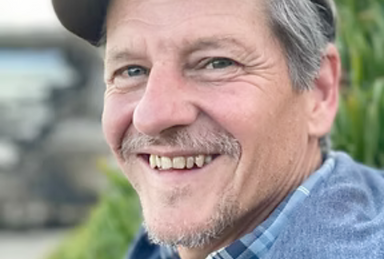
Jon Young
A leader in the field of nature-based education for over 40 years, Jon is a mentor, wildlife tracker, peacemaker, author, public speaker, and storyteller. His seminal works on deep nature connection include What the Robin Knows: How Birds Reveal the Secrets of the Natural World (2013), and Coyote's Guide to Connecting to Nature (2007). A presenter at the Sustainable Wisdom Conference in 2016, Jon contributed a chapter on connection modeling to the anthology Indigenous Sustainable Wisdom: First-Nation Know-How for Global Flourishing (2019). As the creator of the 512 Map, Jon has established a best-practices process for nature connection mentoring and cultural revitalization (formerly called 8 Shields and the Art of Mentoring). A leader within an international network of practitioners cultivating effective connection mentoring programs in communities and organizations, he is dedicated to promoting nature-based cultural regeneration for the benefit of current and future generations. Jon's most recent project is located at the Living Connection 1st Village.
text
What Our Learners Say.


I realize I am more capable than I had assumed. I am grateful for the learning format to facilitate speedy learning. Our project planning now includes more depth and detailing thanks to this course."
– K. U. S.


The course content was very comprehensive, detailed and practical. I appreciated how the facilitators brought a focus on real-world applications from the very beginning. They both modelled the principles of harmonious and supportive group-working that we were learning."
– N. B.


Freedom and flexibility. Meaningful content. Great facilitation. Inspirational and diverse group of other students.
Loved the mix of self study and live sessions."
– E. C.
Have questions? We’ve got answers.
No previous experience is required. All you need is a passion for community building and collaboration.
The course is designed to fit busy schedules with around 10 hours per week of flexible study. Though highly encouraged, Live Sessions are not mandatory and are recorded to be watched later.
Yes! The course provides hands-on tools you can apply immediately in your community.
A comprehensive programme covering four dimensions of sustainability: social, ecological, economic, and worldview.
No prior experience is required. This course is designed for both beginners and advanced learners. Whether you’re new to sustainability or looking to deepen your expertise, the course provides accessible and actionable content for everyone.
Entirely online with live sessions, group discussions, and self-paced assignments. You’ll have access to experienced facilitators, a supportive learning community, and rich resource materials.
Yes, each dimension can be taken as a standalone course, so if you are interested in specific dimensions, you can take them separately. Enrolling in the full course provides a holistic understanding of sustainability and is more cost-effective.
The Design Studio is the integration piece of the GEDS Full programme that you can join after complete the 4 Dimensions.
Participants have life-long access to the course material. Though the course has a defined length, participants can go back to the material any time after the course completion.
